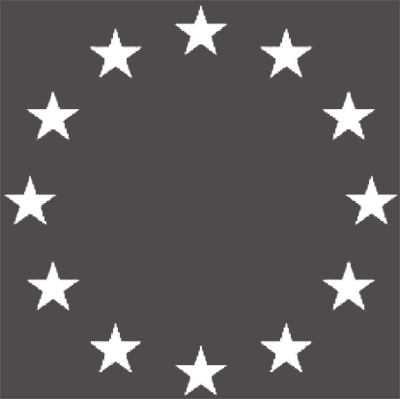Split payment and the legal situation of financing banks
The split payment mechanism for business-to-business transactions entered into force on 1 July 2018. Introduction of this mechanism was motivated by the aim of closing gaps in the tax system. But split payment affects not only the situation of VAT payers, but also banks.

Possible growth, but also more problems: Split payment in factoring
Factoring is growing rapidly in Poland. According to the Polish Factors Association, the value of receivables that are the subject of factoring is growing year on year by an average of 18%. Introduction of split payment may strike at the financial liquidity of firms seeking financing, but it may also drive growth in the factoring industry. But every rose has thorns. Split payment complicates factoring transactions and introduces new risks for factors.

The Court of Justice of the European Union (CJEU) did not determine whether rule of law is breached in Poland
The judgment issued on 25 July following a request for a preliminary ruling from an Irish court in case C-216/18 PPU L.M. does not essentially differ from the opinion issued by the advocate general. The CJEU stated specifically the circumstances in which the executing authority can find an exception to the principle of mutual recognition, but placed the final decision in the hands of the national court executing the European arrest warrant.

Louboutin wins case to defend red-soled shoes as a trademark
The European Court of Justice (CJEU) has ruled that Christian Louboutin’s famous red sole does not consist solely of a shape that significantly increases the value of a product, and therefore can be registered as a trademark. This is an important victory for the fashion designer in the long-running battle concerning red-soled shoes.

When can bid evaluation criteria apply to a contractor’s personnel?
An amendment to the Public Procurement Law of 22 June 2016 implementing Directive 2014/24/EU upholds the principle that bid evaluation criteria cannot apply to a contractor’s economic, technical, or financial credibility. Lawmakers have however provided for the possibility of formulating a criterion applicable to qualifications of a contractor’s personnel.

The Commission pushes forward on intra-EU investment protection
Earlier this year, the European Commission scored an important success in its campaign against intra-EU Bilateral Investment Treaties. The CJEU’s judgment in the Achmea case1 confirmed the Commission’s standpoint that a system that allows an investor from one EU Member State to challenge in international arbitration measures taken against its investment by another, host EU Member State, is incompatible with EU law.

Legal update. Changes in law in Poland affecting the business environment

Indemnity – when is it due and in what amount?
Disputes concerning indemnity arise under an agency agreement. This payment does not become due automatically, as there are certain requirements. This payment is due on the basis of equity and is intended to give an agent a share in the profits they help to generate.

Improvement of bid bond rules
Work on a concept for a new public procurement law is an opportunity to review the rules on bid bonds. The changes need to go beyond those proposed in the concept.

Public procurement contracts under the new framework: A clear step toward balancing the parties’ positions
The unique characteristics of public procurements should not impede a balanced allocation of risks between the parties. However, despite efforts by various groups this goal has remained unattainable. The drafters of the new Public Procurement Law have recognised the problems related to the parties’ unequal positions and proposed several remedies.

Succession managers: A new option for entrepreneurs
The proposed Act on Succession Management in Sole Proprietorships will offer new solutions for business owners. It is intended to allow the heirs to continue operating an individual business after the owner’s death.

Is an unexamined complaint an approved complaint?
The Act on Consideration of Complaints by Financial Market Entities and on the Financial Ombudsman provides that a complaint not resolved within the stated period “is regarded as” resolved in accordance with the customer’s request. In a surprising resolution, the Supreme Court recently ruled that this does not mean that a delay in consideration of a complaint mandates that it is resolved in the customer’s favour, but such a delay merely increases the burden faced by the entity during litigation. If, of course, the matter ever reaches the courts. Was this what the legislature intended?
